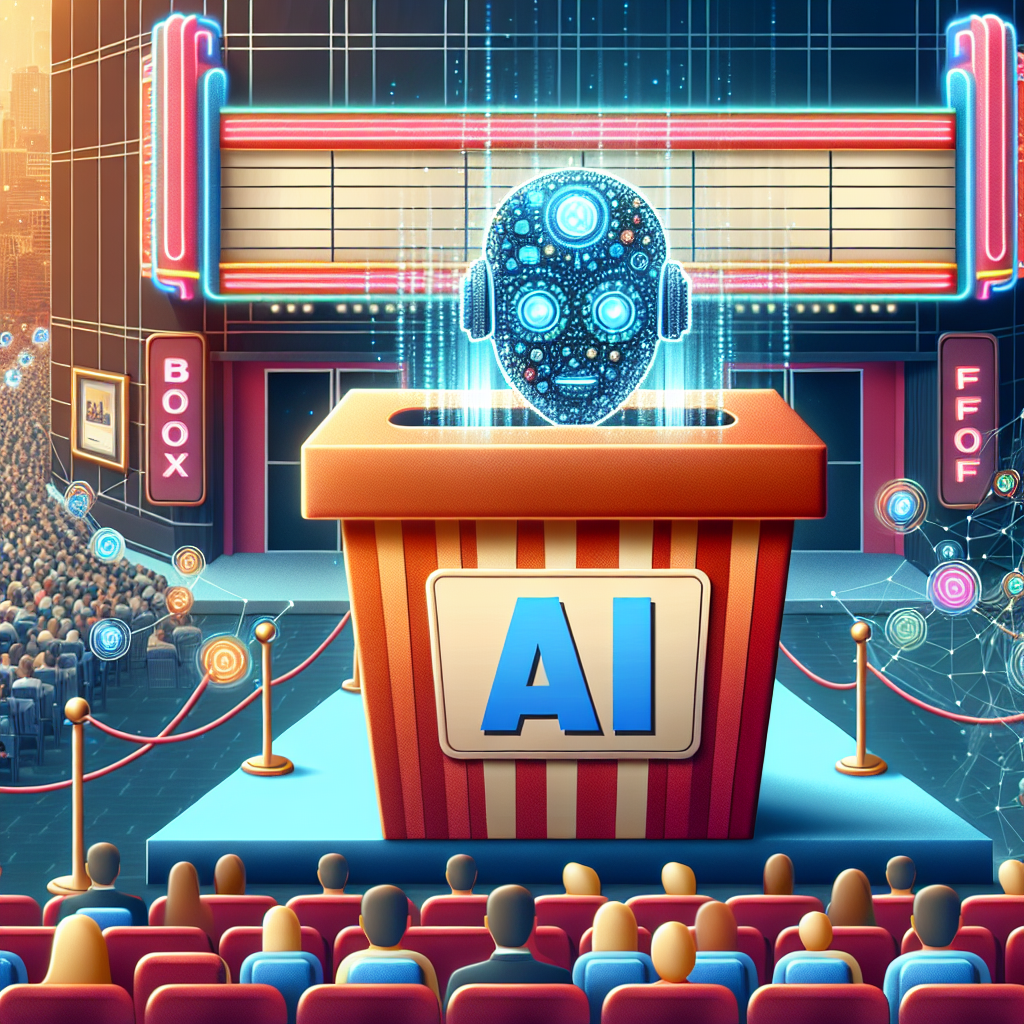The Impact of AI on Ticket Sales and Revenue in Entertainment
Artificial Intelligence (AI) has been revolutionizing industries across the board, and the entertainment industry is no exception. In particular, AI has had a significant impact on ticket sales and revenue for entertainment events such as concerts, sporting events, and theater performances. By leveraging AI technologies, entertainment companies are able to better understand their customers, optimize pricing strategies, and improve overall sales and revenue.
One of the key ways in which AI is impacting ticket sales and revenue in the entertainment industry is through the use of data analytics. By analyzing large sets of data, AI algorithms can identify patterns and trends in customer behavior, helping companies better understand their target audience and tailor their marketing strategies accordingly. This allows entertainment companies to create more personalized and targeted marketing campaigns, leading to increased ticket sales and revenue.
AI is also being used to optimize pricing strategies for entertainment events. By analyzing various factors such as demand, time of day, and customer demographics, AI algorithms can determine the optimal price point for tickets, maximizing revenue while still ensuring that tickets are sold. This dynamic pricing strategy allows entertainment companies to adjust ticket prices in real-time based on market conditions, ultimately leading to higher sales and revenue.
Furthermore, AI-powered chatbots and virtual assistants are transforming the ticket sales process for entertainment events. By using natural language processing and machine learning algorithms, these AI-powered assistants can interact with customers in a personalized and efficient manner, answering questions, providing recommendations, and facilitating ticket purchases. This not only enhances the customer experience but also increases ticket sales by making the ticket buying process more streamlined and user-friendly.
In addition to improving ticket sales and revenue, AI is also helping entertainment companies better predict and forecast future sales. By analyzing historical data and external factors such as weather patterns and social media trends, AI algorithms can generate accurate sales forecasts, allowing companies to better plan their marketing and sales strategies. This predictive analytics capability enables entertainment companies to anticipate demand, optimize inventory management, and ultimately increase revenue.
Overall, the impact of AI on ticket sales and revenue in the entertainment industry is undeniable. By leveraging AI technologies such as data analytics, pricing optimization, and chatbots, entertainment companies are able to better understand their customers, optimize pricing strategies, streamline the ticket sales process, and forecast future sales. This ultimately leads to increased ticket sales, higher revenue, and a more personalized and efficient customer experience.
FAQs
Q: How does AI help entertainment companies understand their customers better?
A: AI algorithms analyze large sets of data to identify patterns and trends in customer behavior, helping companies better understand their target audience and tailor their marketing strategies accordingly.
Q: How does AI optimize pricing strategies for entertainment events?
A: AI algorithms analyze various factors such as demand, time of day, and customer demographics to determine the optimal price point for tickets, maximizing revenue while still ensuring that tickets are sold.
Q: How do AI-powered chatbots and virtual assistants improve the ticket sales process?
A: AI-powered assistants interact with customers in a personalized and efficient manner, answering questions, providing recommendations, and facilitating ticket purchases, ultimately increasing ticket sales by making the ticket buying process more streamlined and user-friendly.
Q: How does AI help entertainment companies predict and forecast future sales?
A: AI algorithms analyze historical data and external factors such as weather patterns and social media trends to generate accurate sales forecasts, allowing companies to anticipate demand, optimize inventory management, and increase revenue.

